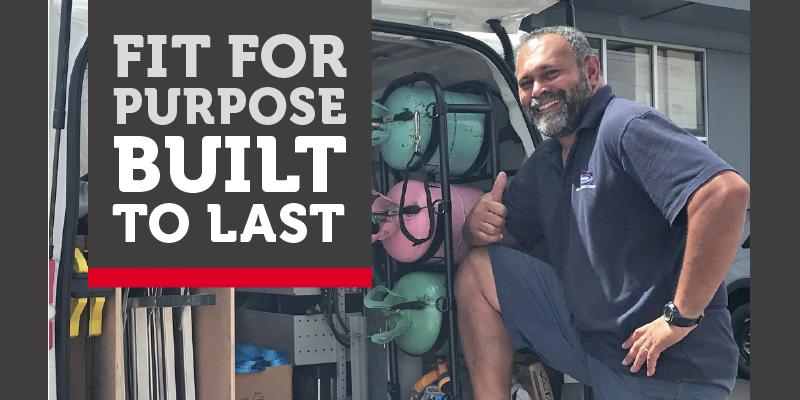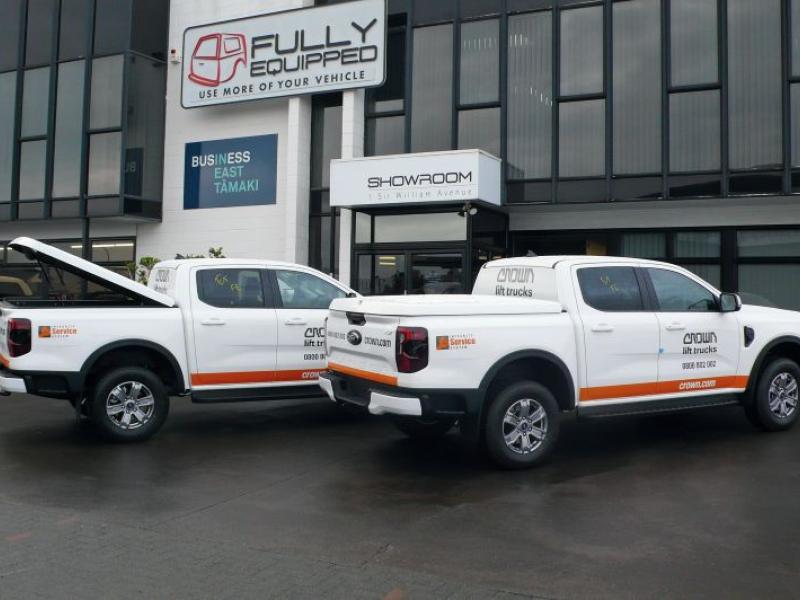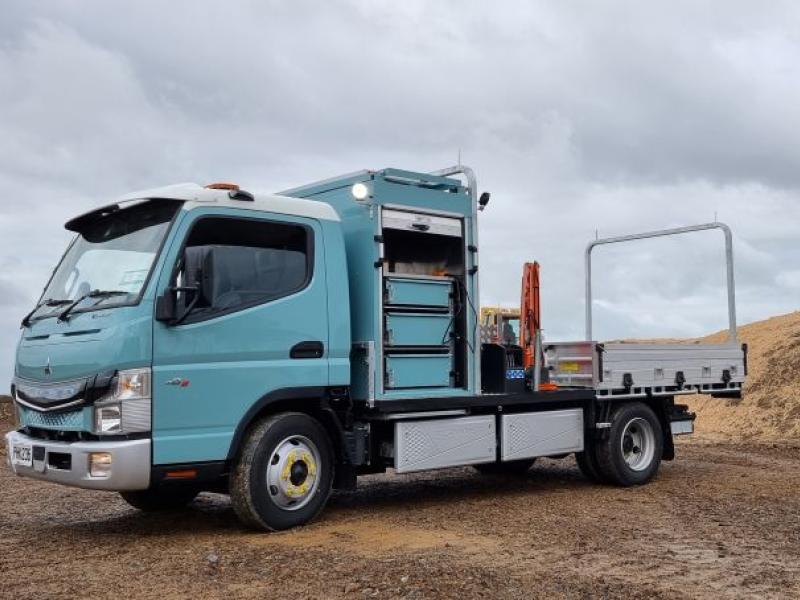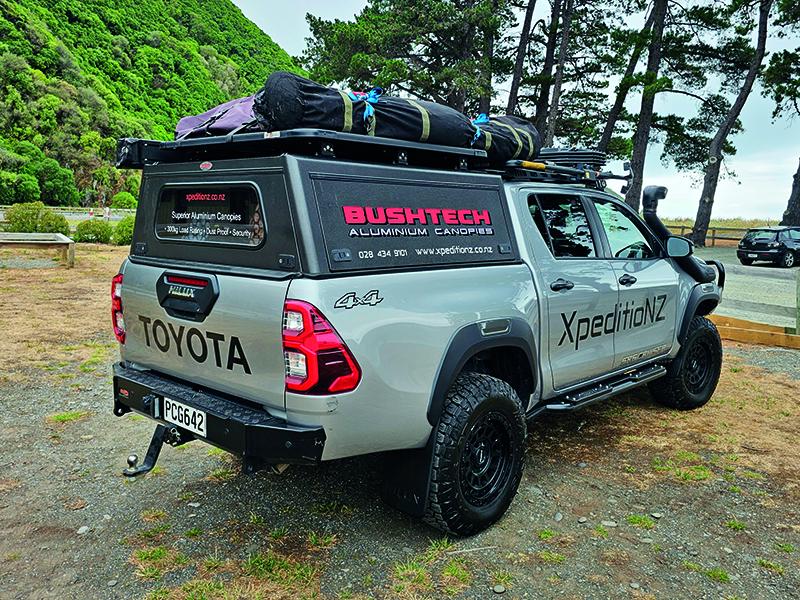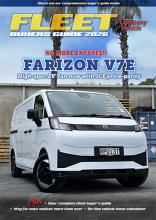It doesn’t really matter how far we advance with automotive vehicles, there will always be a place for accessories.
This is partially because there are drivers out there who want to personalise their vehicles, make them stand out from the crowd, but it is also partly because while automakers try to be all things to all people, well, you know the saying: you can please half of the people all the time...
Then there’s the other side of things, that products and accessories are actually quite good money spinners, which means as long as there’s a buyer, those accessories will just keep on coming.
In the world of company vehicles, accessorising is a critical element of having vehicles which conform to being fit-for-purpose, which – as we all know – is what fleet managers, CFOs and CEO’s should all be striving for.
You can go and do all the research you want, but as a wise Speight's-drinking Southern Man once said – sort of – “She’s a hard road finding the perfect (vehicle) boy,” and he was right.
I’m pretty safe making the generalised statement that there’s no such thing as the ideal vehicle for your requirements, straight out of the showroom floor. You can get close, and maybe that’s good enough, but perfect? Nup, haven’t heard of it happening yet.
That’s OK though, because getting it up to perfect after the fact – well, it’s not as difficult as you might think, given the cunning nous of the aftermarket accessory supplier who prides themselves on being able to deliver the finishing touch that the automaker couldn’t.
It should be said however, that it is important to ensure the accessories being fitted, especially if they are aftermarket ones, should not be something you skimp on.
As vehicles become more sophisticated, the easier it appears to be for automakers to dictate what accessories should be fitted to their vehicles.
This has apparently led to instances of claiming, if specified parts are not used, the vehicle warranty will be invalidated.
Many who know a bit about cars will recognise this as a fallacy, and it is not even true in the Land of Litigation (the US of A). In New Zealand, it is most certainly not something that makes any sense, especially given our ‘dependence’ on used imports.
As far as the letter of the law in this country goes, the Consumers Act and the Fair Trading Act both preclude this sort of product protectionism.
A non-OEM part may be fitted to a vehicle and, should that vehicle be involved in an accident, the only way a warranty can be voided by the manufacturer is if it can be proven that the part contributed to the accident.
In saying this, it is incumbent upon a responsible fleet manager to ensure any accessory fitted is done so correctly and properly, which basically means: use a reputable supplier/fitter if you opt to not use the OEM-supplier.
Certainly, you should shop around.
With the popularity of distinctive fitment, you may well find the most reputable suppliers have limited flexibility in terms of time for fitting your vehicles with what is required.
Ask around for alternative suppliers if your requirements are ultra-urgent or try to orchestrate your vehicle fitout with timings to suit both parties. A good accessory provider will try to work with you on this.
The other advantages to using a reputable supplier of aftermarket accessories include an all-in-one service centre. You can keep vehicle downtime to a minimum while maximising the amount of accessorising you want to do – or what the supplier might suggest.
Don’t take this advice as being insulting by the way: many suppliers – including the ones you’ll find in this publication – have an extensive history in aftermarket accessorising.
They will have seen a lot of different but similar fitouts over the years and the advice they give will most certainly be valid – its up to you whether you take it.
There are some other considerations for using a reputable supplier, not least of which is legal requirements concerning accessory fitout. Be especially mindful of legal lighting requirements when fitting additional lighting or even replacing existing lightbulbs. Let a vehicle lighting expert illuminate the issues here.
We’re not saying the aftermarket accessory supplier is the be all and end all of putting those final touches which will make your truck, car, SUV the perfect fit-for-purpose vehicle; the automakers themselves often carry just the thing you need.
You might want to remember though, that reputable aftermarket suppliers do tend to be more affordable and are typically keener to build a long-lasting relationship with the corporate fleet operator, so they value your business as a genuine partnership rather than a “thanks, you want a receipt with that?” once-in-three-years business transaction.
They’re also local business people, making an honest buck and paying wages, so while it might be easy on collection of the vehicle to sign here, here and here for those accessories your vehicle needs, you might want to shop around first and look after a local.


